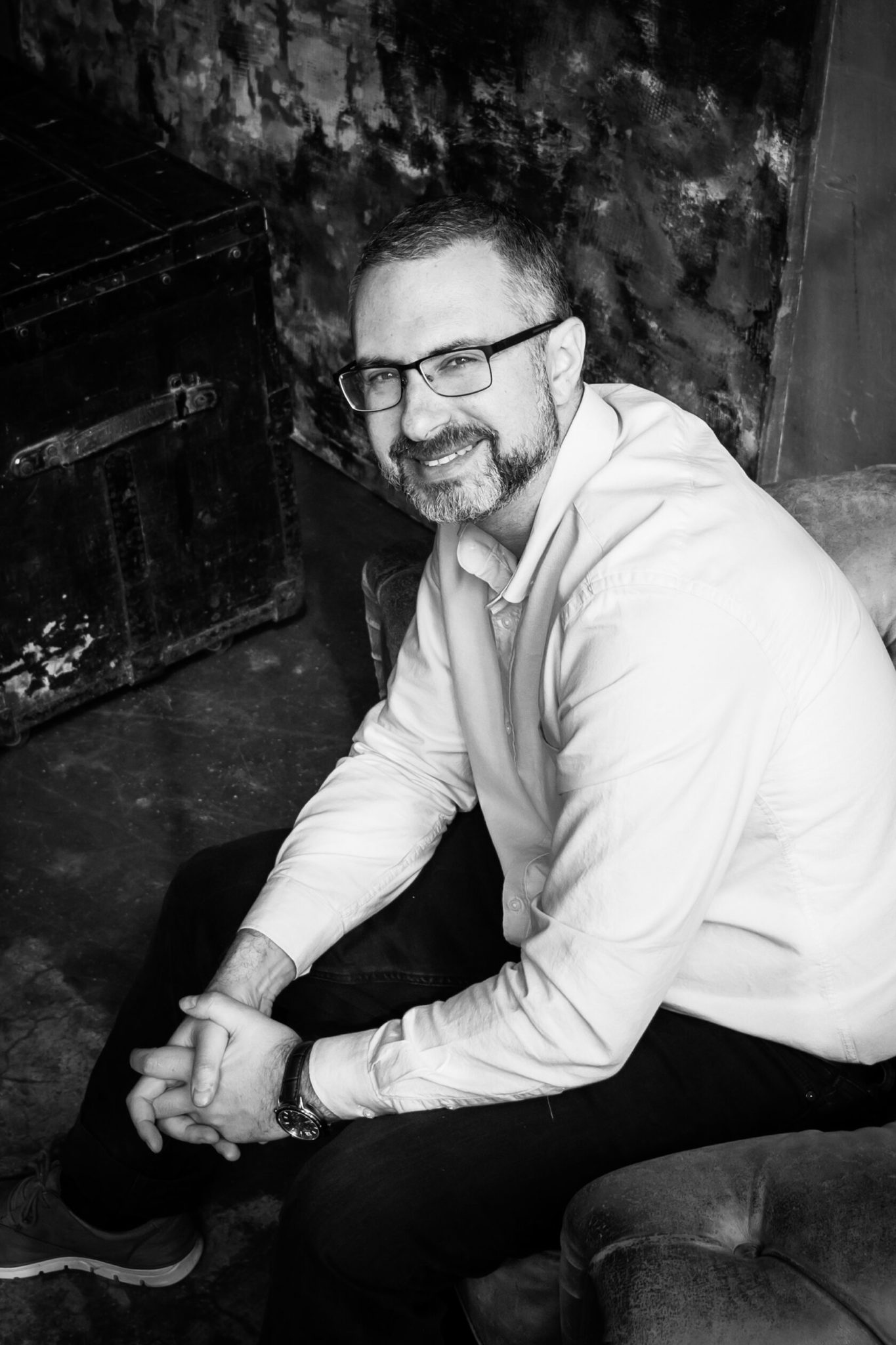Defining Unhealthy Emotional Co-dependency
Healthy emotional dependency is part of relationships, as it is something that creates reliability and nourishes respect. Without dependency, respect is unattainable, as we would fail to appreciate the reliability of our partner. However, it is important to distinguish between a healthy and non-healthy dependency so that we can pursue the former and forego the latter. Unfortunately, the vast majority of people with the latter do not suspect that they might be in a co-dependent relationship.
Acknowledging the unhealthy emotional dependency is challenging because it elicits fear, since dependency is associated with helplessness. Therefore, realizing you are in an unhealthy dependence would mean facing the fear of never being able to break free from it. Addressing this fear in therapy helps distinguish the real aspects of helplessness from the imaginary ones.
Let’s see what defines a nature of insalubrious emotional co-dependency.
According to doctor Charles Whitfield, co-dependency is the most common addiction people develop. It comes from concentrating so much outside of ourselves that we lose touch with what is inside of us. That includes our feelings, intuitions, sensations, and sensibilities, as well as some physical functions, such as heart rate and respiratory rate (4). We begin to lose our sense of autonomous identity. However, since we need to identify with someone or something, the partner becomes our new identity. That is how the addiction is created — our self feels hollow, and we fill it by complete dependency on another, often a partner.
Emotional co-dependency, like any addiction, is an attempt to attain happiness and decrease feelings of anxiety. Codependent individuals base their happiness on their partner’s success and their unhappiness on their partner’s failures. In order for the codependent individual to feel good, their partner needs to be happy and behave accordingly. If their partner is not happy, codependent individuals feel obligated to make them happy and take on another’s happiness as their responsibility.
Control plays a major part in codependent relationships. Beattie (1987) defines a codependent person as “one who has let another person’s behavior affect him or her, and who is obsessed with controlling that person’s behavior” (1, p. 31). Codependent individuals believe that they will be able to control the feelings and behaviors of others by mere force of will. When they don’t achieve their desired result, they tend to either intensify their efforts by exerting more control, or they may surrender and experience feelings of hopelessness, inadequacy, and even more shame.
Co-dependency is also based on false love. It does not mean that co-dependent individuals do not love their partners. In fact, if you ask them or observe their behavior, their love seems vast and engulfing. However, the basis of co-dependency is the conflict with oneself. As Cermak (1986) put it, codependency is going against yourself. Going against your values for the sake of strengthening connections with others by pleasing them provides comfort. Therefore, self-hate from guilt and shame gives birth to falsehood in love, which manifests in pleasing. However, sacrificing your own interests for the sake of others unavoidably mounts hidden discontent which often later takes the form of passive aggression.
In some cases, a co-dependent individual idealizes the partner to such an extreme degree that their relationship carries a somewhat religious undertone. A co-dependent person places hopes for salvation on their partner, similar to how a religious person puts theirs in a Higher Power. This idealization serves as a psychological defense against one’s shame where they feel so unworthy and perceive their partner as the Universe.
Co-dependency often transpires in adult relationships but stems from dysfunctional childhood family dynamics. Families where substance abuse is present are especially prone to creating co-dependent family members, especially children. The child is either taught to hide, since they have received the message that they are too unimportant to be themself, or, when emotional or physical violence is present, they reach the conclusion that hiding is the best strategy because being unnoticed is a matter of emotional, mental, and even physical survival. Co-dependency can also be forged when the atmosphere around the child is extremely unpredictable and their safety depends on others who behave unpredictably; whatever an adult family member chooses to do, the child must accept but is unable to influence. When grown, the child thus tries to predict their partner’s actions and desires in order to accommodate.
Childhood rules that form the genesis of co-dependence include:
1) It is not okay to talk about problems or communicate or express feelings openly.
2) Communicate indirectly — through someone other than the one you need to talk to.
3) Don’t be selfish, meaning your needs come last.
4) Always be strong, good, perfect, happy, and grateful.
5) It is not okay to be playful or to have an independent opinion.
6) Don’t rock the boat.
These rules may serve to protect the family from short-term conflict and pain, but they set the stage for hiding the child’s true self, including their needs, wants, and feelings, causing them to be placed onto the partner in adult life (4).
The good news is that co-dependency can be effectively addressed in therapy. So, how do we work around unhealthy codependent relationships?
1. Improving self-worth
2. Working on establishing boundaries
3. Developing the ability to listen to oneself
4. Addressing the core feelings of guilt and shame
5. Trying new ways of doing things independently
6. Learning to assume responsibility for one’s happiness and future
Bibliography:
1. Beattie, M., 1992. Codependent no more: How to stop controlling others and start caring for yourself. Hazelden Publishing.
2. Codependency in family systems with distorted communication patterns and their manifestation in an individual’s social behaviour
Hapon n. P., Vovk a. O.
3. Morgan, J. P. (1991). What is codependency? Journal of Clinical Psychology, 47(5), 720–729.
Whitfield, C. L. (1989). Co-dependence. Alcoholism Treatment Quarterly, 6(1), 19–36.



